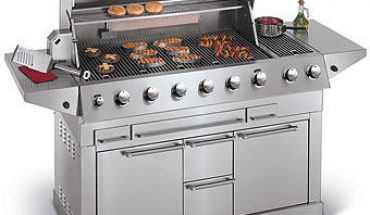Your mortgage qualification is the primary means for determining how much housing you can afford. The pertinent information includes the following.
Know Your Gross Monthly Income
This refers to the overall amount you make and not the total you bring home after paying off your financial obligations. The monthly income also refers to all sources of income. If you have a part time job aside from the main one, add them in your computations. Provided the money comes in regularly, include it in your calculations.
The information you enter must be correct and included in your tax documents. Since this information is crucial for assessing your mortgage qualification, you may want to consult a tax expert. You can also avail of the services of loan officers. They will be happy to explain the links between your monthly salary and the mortgage loans.
Know Your Debts and Expenses
These two elements will include debts owed to banks or credit cards. Also add any payments you’re making for your vehicle. Other financial obligations like alimony and spousal support need to be included too.
Fortunately, there are online financial calculators that will help you get the correct figures. As long as the correct data are put in, you’ll get the appropriate numbers.
Research is Mandatory
Apart from assessing your mortgage qualification, conducting research is necessary. Start by using finance calculators and other finance planning software. The applications are available for PC and Macs and are a worthwhile investment.
Mortgage rates usually are set at either 15 year fixed rates or 30 years. Aside from the regular payments, the initial down payment will be crucial too. The figures will vary. The figures will vary so make sure you go through the details carefully.
Know Your Lender
No matter what the offer is, the amount you pay shouldn’t exceed 28% of your monthly gross. This is a ballpark figure and the percentage may go up or down depending on your financial standing. Raise the percentage to 36% if you have debts.
As you analyze your mortgage qualification, include property taxes with the costs. Lenders offer different rates. A lender that agrees to a small down payment may not have flexible rates.
The reverse may also be true. Some lenders also have flexible signing options; the agreement may be fixed or it may be subject to negotiation. The prevailing economic situation will also affect the terms and agreement.
Getting the Right Deal
The best deal isn’t the maximum amount you can get. If you find a housing deal that takes up less than 28% of the monthly gross, go for it. Always plan ahead and think in the long term.
If you think you’ll be moving around in the future, settling for a smaller one in the meantime should be considered. The money you save can go towards financing a new home. If necessary, talk to the lender about refinancing your loan.
Knowing your mortgage qualification is the first step to getting your dream house. By scrutinizing and managing your finances, finding a home to call your own will be achievable.





